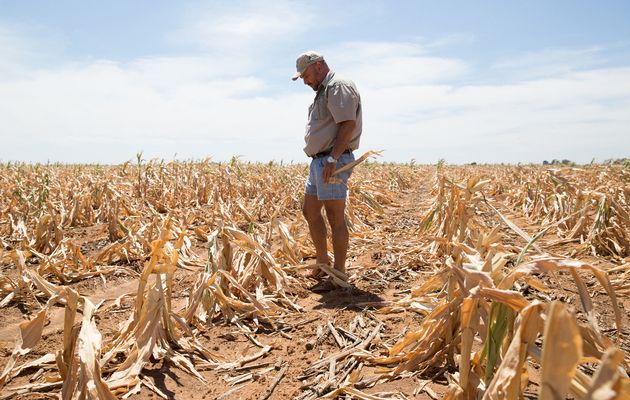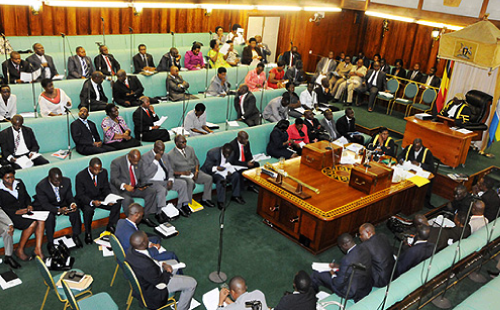Forces backed by Libya’s unity government recently said they had consolidated positions on the edge of Sirte, repelling sniper, tank and mortar attacks as they seek to oust Islamic State from its North African stronghold.
Fighting resumed on Wednesday near Sirte’s port, which government-backed forces captured last week. There have also been intense clashes in the “700” neighbourhood and around the Ouagadougou conference hall, just south of a 5 km by 5 km area still controlled by Islamic State, security sources said.
The campaign in Sirte is led by brigades from the western city of Misrata that are aligned with Libya’s U.N.-backed Government of National Accord (GNA). They launched a counter-attack against Islamic State just under a month ago, rapidly recapturing positions on the coastal road west of Sirte and advancing to the outskirts of the city.
A brigades’ statement on Wednesday said they had “resisted Islamic State attacks that used mortar fire and tanks backed by snipers positioned on tall buildings”.
They said they had been working to clear areas now under their control from mines and explosives and were preparing to launch a radio broadcast that would “respond to the widespread lies and deceptions of Daesh (Islamic State)”.
Five brigade members were killed and more than 30 wounded on Tuesday, officials said. More than 120 have died in the past month’s fighting, with more than 500 wounded.
The brigades say they have inflicted heavy losses on Islamic State, though the militant group is still thought to have hundreds of fighters inside Sirte.
Most of Sirte’s residents have fled, with dozens more families leaving the city last week as the GNA-backed forces advanced.
The GNA is meant to replace two competing governments that were set up in Tripoli and eastern Libya in 2014 during a conflict between loose alliances of rival armed factions.
Islamic State exploited the political turmoil to start building a presence in Libya the same year. It took full control of Sirte in 2015, but has struggled to retain territory elsewhere in the country.
The GNA has been gradually trying to extend its authority since arriving in Tripoli in March. It has received backing from many groups in western and southern Libya, but has struggled to win support from key figures in the east.
Western powers see the GNA as the best chance of uniting Libya’s factions and defeating Islamic State, and have been providing intelligence assistance to the brigades advancing on Sirte.
By Reuters



